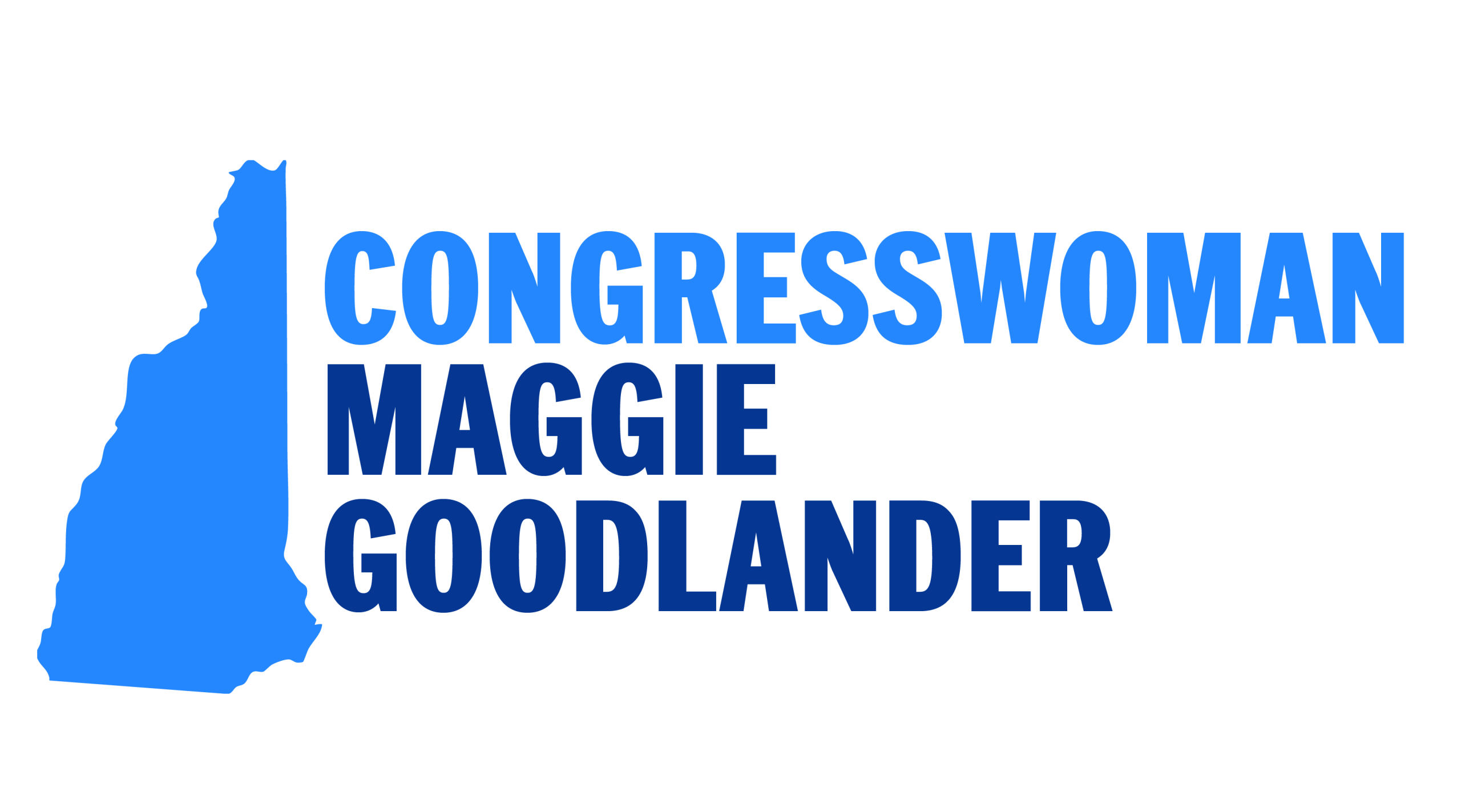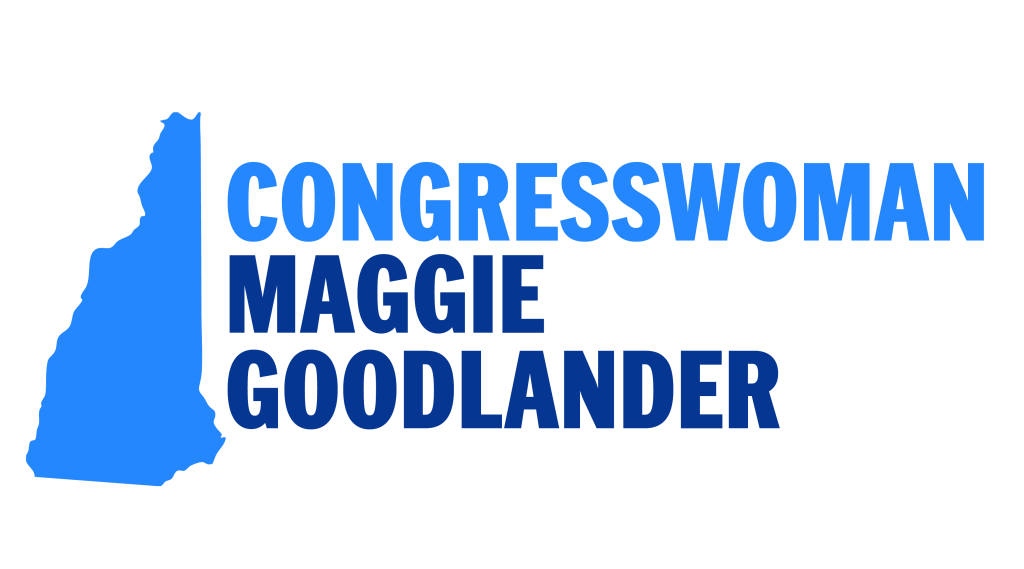Washington, D.C. – Today, Congresswoman Maggie Goodlander (NH-02) and Congressman Chris Pappas (NH-01), a member of the House Transportation and Infrastructure Committee, helped introduce the Air Traffic Control Workforce Development Act of 2025, bipartisan legislation to tackle the nation’s air traffic controller staffing shortage and invest in the future of American aviation. Congressman Nick Begich (R-AK) is the sponsor of this legislation.
The legislation codifies and expands the FAA’s Enhanced Air Traffic-Collegiate Training Initiative (AT-CTI), improves recruitment and retention incentives, funds tower simulator systems, and supports mental health services for air traffic controllers which addresses one of the most serious safety risks currently facing U.S. airspace.
“We put our faith in America’s air traffic controllers to keep us safe and protect our nation’s airways. I’ve seen firsthand how our air traffic controllers work tirelessly to fulfill their truly difficult and absolutely critical mission. They cannot do their jobs without our support,” said Congresswoman Maggie Goodlander. “I’m proud to help lead the Air Traffic Control Workforce Development Act of 2025, commonsense legislation to help recruit and retain air traffic controllers, improve working conditions, and equip our aviation workforce with the equipment and facilities they need to keep our skies safe.”
“Over the past few years, travelers in New Hampshire and across the country have experienced longer delays, more frequent flight disruptions, too many near misses on the runway, and borne witness to a tragic, deadly crash in Washington, D.C., earlier this year,” said Congressman Chris Pappas. “We must fully implement the changes in last year’s FAA reauthorization on this issue and ensure we never compromise on air safety. This legislation I helped introduce today will ensure a robust pipeline for hiring, training, and keeping dedicated air traffic controllers on the job. I will continue to work with my colleagues across the aisle to keep our skies safe.”
The FAA currently employs 2,300 fewer Certified Professional Controllers (CPCs) than needed and continues to fall below its hiring and certification targets. The shortage has forced many controllers to work mandatory overtime, leading to fatigue and increasing the risk of errors. This bipartisan bill will help reverse that trend by expanding training pipelines, improving training equipment, and placing high-fidelity simulators across the country to accelerate training timelines.
Key Provisions of the Bill:
- Authorizes $20 million annually in grants for AT-CTI schools to invest in curriculum, simulators, and instructors.
- Removes penalties that discourage retired air traffic controllers from becoming ATC instructors.
- Expands the use of Tower Simulator Systems (TSS) to help certify new air traffic controllers more efficiently.
- Directs the FAA to develop incentive programs for controller recruitment, certification, and retention.
- Supports mental health services tailored to the high-stress nature of ATC work.
- Requires curriculum modernization and FAA oversight of CTI training standards.
The bill is backed by the National Air Traffic Controllers Association (NATCA), Air Traffic Control Association (ATCA), Airlines for America (A4A), American Association of Airport Executives (AAAE), and others in the aviation sector.
This bill is the House companion to Senate bill S. 697, which Senators Jeanne Shaheen (NH) and John Hoeven (ND) lead.



















